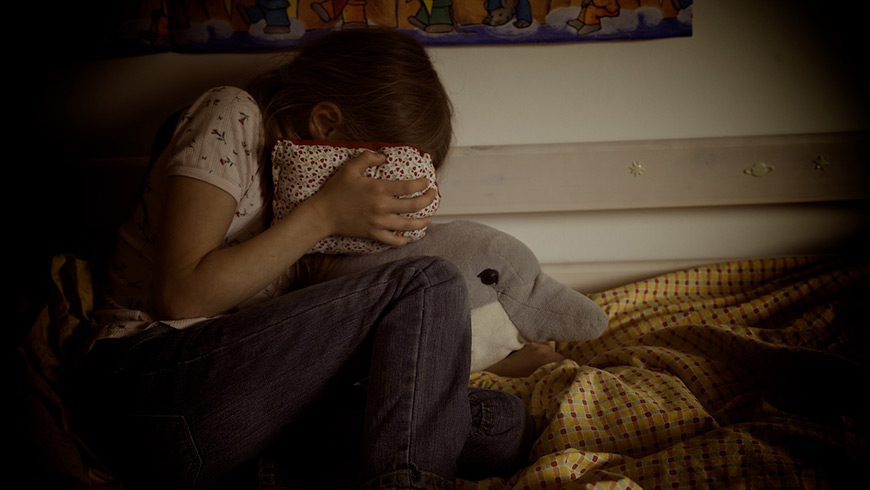In its latest annual report, published today, the Council of Europe’s Group of Experts on Action against Trafficking in Human Beings (GRETA), has highlighted important shortcomings in a number of European countries related to the trafficking of children.
The report shows that 4,361 children were identified as victims of trafficking in just 12 European countries between 2012 and 2015. Many others have failed to be detected and protected, due to gaps in the identification procedures, a failure to appoint legal guardians and the lack of appropriate and secure accommodation.
GRETA’s report shows that, on average, children represent a third of the identified victims of human trafficking, but there are important variations between countries. Children are being trafficked transnationally, as well as internally, for different forms of exploitation including sexual exploitation, forced labour, domestic servitude, forced begging, forced criminal activities and forced marriage.
GRETA highlights widespread problems with identifying child victims of trafficking and providing them with safe accommodation. Many children are not being given the support they are legally entitled to, says GRETA, and some are still being punished for crimes they are forced to commit.
The report also underlines that unaccompanied and separated children are particularly vulnerable to trafficking, but the authorities often have little or no information on the identification of victims of trafficking among such children.
GRETA is responsible for assessing countries’ compliance with the 2005 Council of Europe Convention on Action against Trafficking in Human Beings.
Today’s annual report summarises GRETA’s monitoring work over the last year, which has particularly focused on trafficking in children. It also gives examples of many positive changes which the convention has helped to bring about, as well as good practices in the area of child trafficking.


